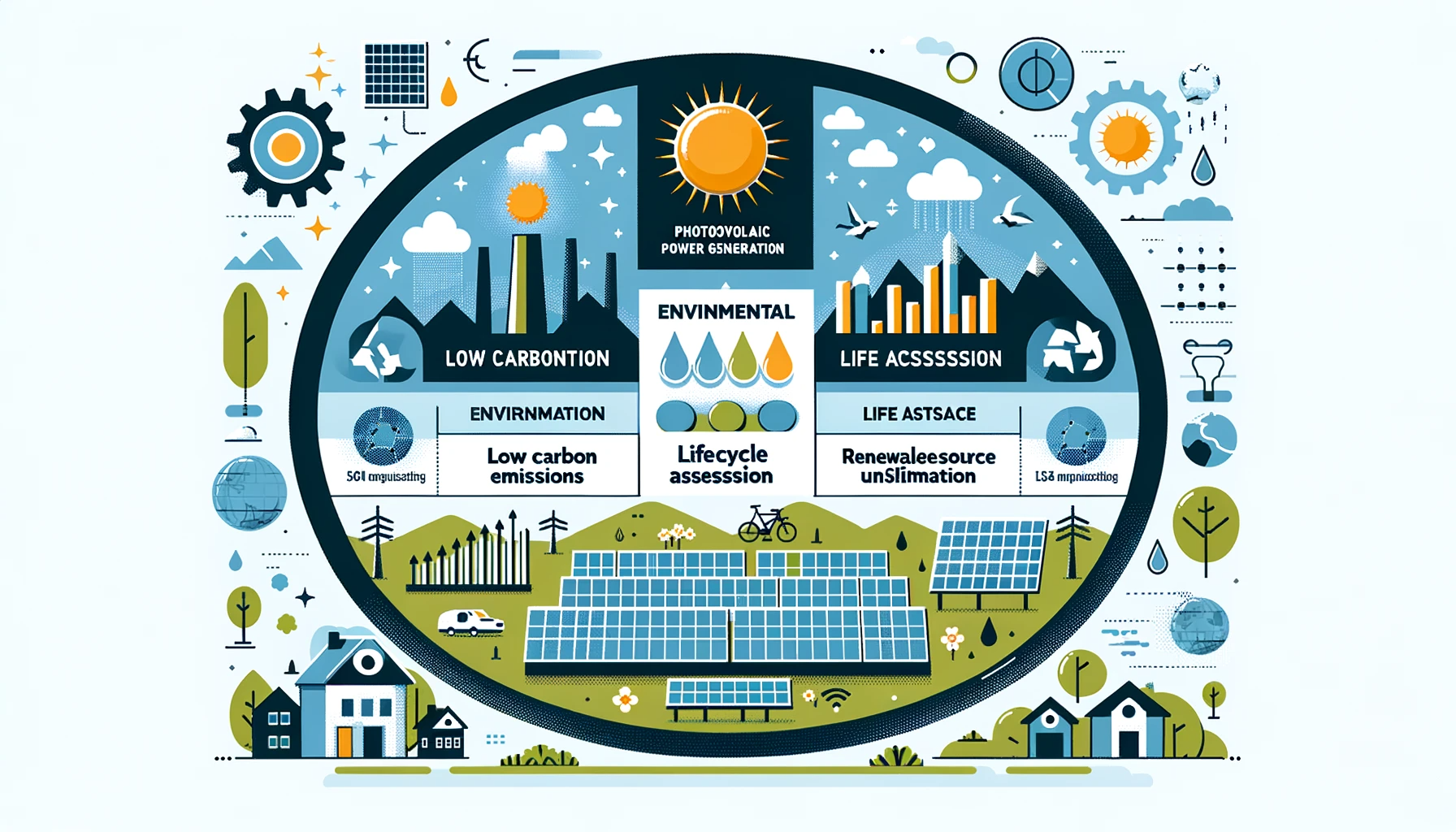The Sustainability of Photovoltaic Power Generation
 Dec 21,2023
Dec 21,2023

 Basen
Basen
Harnessing the Sun's Power Sustainably
In the quest for cleaner, greener energy sources, photovoltaic (PV) power generation stands out as a promising solution. This blog explores the sustainability aspects of solar photovoltaic technology, examining its impact on the environment, economic feasibility, and long-term viability.
Environmental Impact
A critical aspect of sustainability is the environmental footprint:
- Low Carbon Emissions: PV systems produce electricity without emitting greenhouse gases during operation, contributing significantly to reducing carbon footprints.
- Renewable Resource: Solar energy is abundant and inexhaustible, making PV systems a sustainable option compared to finite fossil fuels.
- Lifecycle Assessment: While manufacturing PV panels involves energy consumption and some emissions, the overall lifecycle emissions are significantly lower compared to conventional energy sources.
Economic Sustainability
The financial aspect of PV systems is vital for their widespread adoption:
- Cost-Effectiveness: The cost of solar panels has decreased dramatically over the years, making PV systems more accessible and economically viable.
- Energy Independence: Solar power reduces reliance on imported fuels, promoting energy independence and stability.
- Job Creation: The solar industry creates jobs in manufacturing, installation, and maintenance, contributing positively to the economy.
Technological Advancements
Technological progress plays a crucial role in the sustainability of PV systems:
- Efficiency Improvements: Ongoing research is enhancing the efficiency of solar panels, allowing for more power generation per square meter.
- Energy Storage: Advances in energy storage technologies, like batteries, are enabling more efficient use of solar energy, even when the sun isn’t shining.
- Innovative Materials: Research into new materials, like perovskite solar cells, promises even greater efficiency and lower environmental impact.
Challenges and Responses
Despite its benefits, PV power generation faces several challenges:
- Intermittency: The variable nature of solar power requires integration with storage solutions or grid adjustments.
- Recycling and Waste Management: As solar panels reach their end-of-life, recycling and waste management become critical to avoid environmental harm.
- Land Use: Large-scale solar farms require significant land, which could impact wildlife and ecosystems if not managed responsibly.

The Road Ahead
Looking forward, the sustainability of PV power generation relies on balancing technological advancements, environmental considerations, and economic factors. As we continue to innovate and adapt, solar photovoltaic technology holds immense potential for a sustainable energy future.
Conclusion: A Bright, Sustainable Future
PV power generation offers a path towards a sustainable and clean energy future. While challenges exist, the combination of technological advancements, decreasing costs, and environmental benefits positions solar power as a key player in the global shift towards renewable energy. The journey towards sustainability with photovoltaic power is not just feasible but imperative for our planet's health and our energy security.








 HOME
HOME Basen Batteries: A Blend of Innovation and Reliability with a Glimpse into High-Voltage Offerings
Basen Batteries: A Blend of Innovation and Reliability with a Glimpse into High-Voltage Offerings  You May Also Like
You May Also Like

 Tel
Tel
 Email
Email
 Address
Address